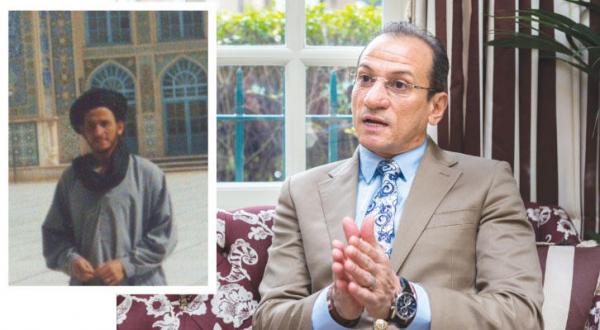Noman M. Benotman, former member of the Libyan militant organization who had also side-by-side fought with al-Qaeda founder Osama bin Laden against Russians in Afghanistan, said that ISIS is drawing closer to its end whilst “al-Qaeda prevails and will be surprising everyone”.
Benotman added that Brigadier General Khalifa Haftar of the Libyan National Army who had achieved advancement against extremist militias is a principal pillar for the basis of legitimacy in Libya. Benotman is Quilliam’s President and an Executive Board Member on de-radicalization processes in the UK and abroad. He also pointed out the imminent victory against extremist militia in Libya, after governmental forces successfully defeating ISIS in Benghazi a few days ago. Benghazi is the second largest city in Libya and is located in the region of Barqah.
In an interview with Asharq Al-Awsat, Benotman revealed that al-Qaeda never truly experienced animosity with Iran. Hundreds of al-Qaeda leaders have lived in-shade of the Iranian Revolutionary Guard Corps (IRGC)’s surveillance.
The IRGC has lent a helping hand which facilitated al-Qaeda member’s footwork since Taliban’s downfall near the end of 2001, Benotman added.
Tehran made it easier for many al-Qaeda leaderships and members to depart from Iranian airports using validated passports to several countries. Benotman namely mentioned Iran helping out, Saif al-Adel, a high-ranking military official of al-Qaeda; Sulaiman Abu Ghaith, the son-in-law of Osama bin Laden; Saleh Tharwat Shahata, the deputy of Ayman al-Zawahiri; Abu Ahmed al-Masri; Rifa’ai Taha, military official for al-Gama’a al-Islamiyya; Abu Walid al-Masri, Saif al-Adel’s son-in-law ; bin Laden’s children and one of his wives; Abdelhakim Belhadj Libyan military leader; in addition to Sami al-Sa’aidi , one of Libyan Fighting Group’s leaders.
After the U.S. government got involved in Iraq, Iran’s main purpose was to jump the American mission in Iraq for its own benefit. Iran went on supporting extremist organizations such as al-Qaeda. It was also involved in helping Abu Musab al-Zarqawi, leader of an al-Qaeda affiliate in Iraq. Moreover, Sunni organizations were allowed in and out of Tehran, and were presented with logistics aid. Iran’s farsighted plan was for al-Qaeda and other extremist groups to confront occupation and the American outline set for the region, as to finally have Iraq resting in Iran’s backyard. Tehran had planned for the Arab-originated Iraq to evolve to a country that suits Iranian policy. Moreover, it exercised the steps to the plot by shedding Arab Sunni blood that had fought in the name of “Jihad”.

